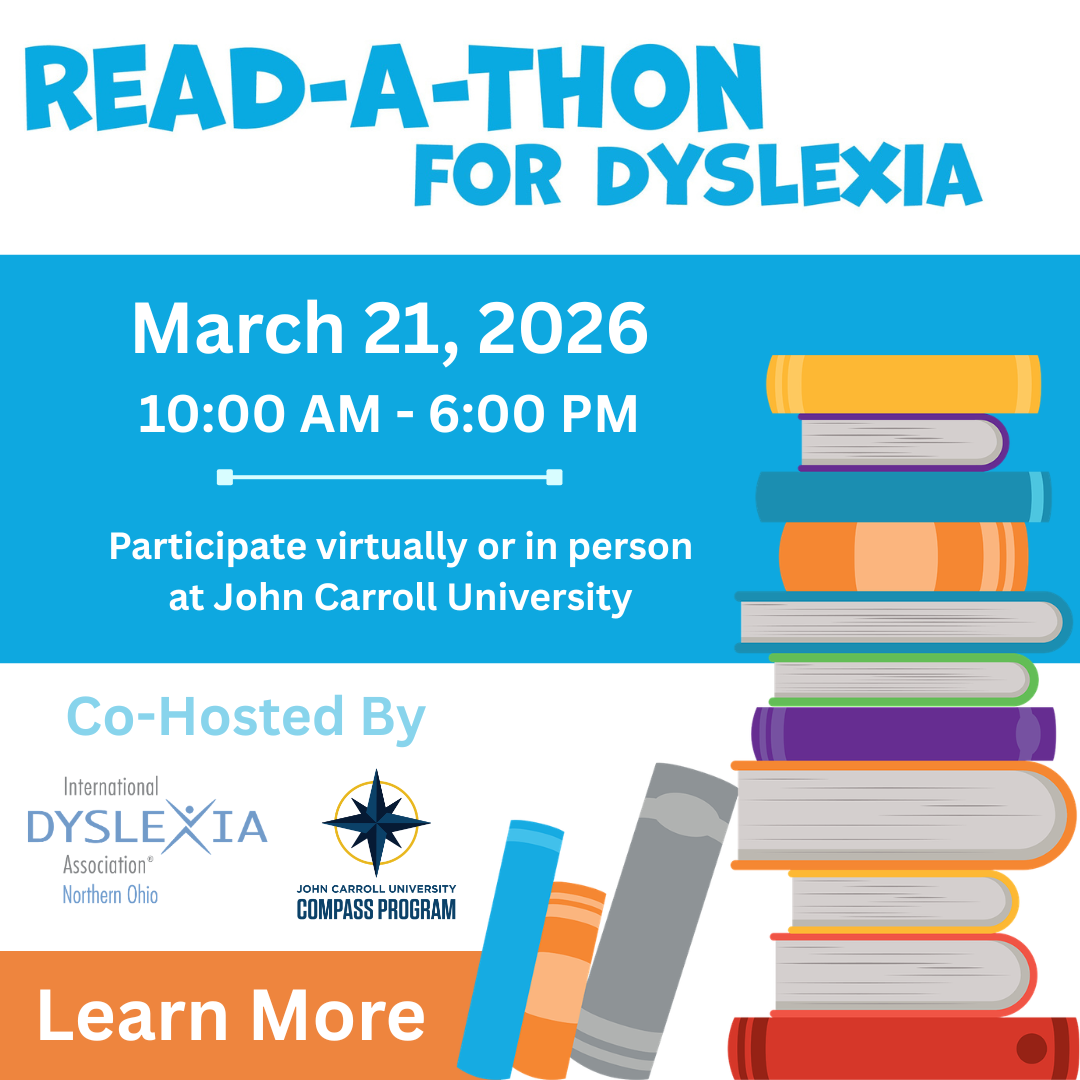Foundational Literacy Education Resources: Basics for Parents, Educators, and Administrators
In addition to our in-person 37th Annual Symposium speakers, NOBIDA is proud to offer registrants nine additional resource-packed virtual programs made available from November 14, 2025 to May 1, 2026! Our knowledgeable presenters cover science of reading-informed topics and provide highly researched tools created for parents, teachers, and administrators.
Register today and gain access to the knowledge you need to help ALL students grow!


